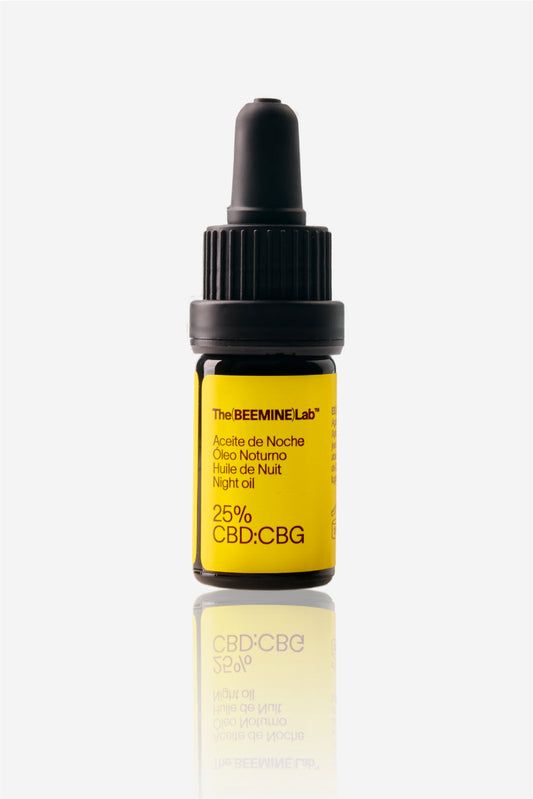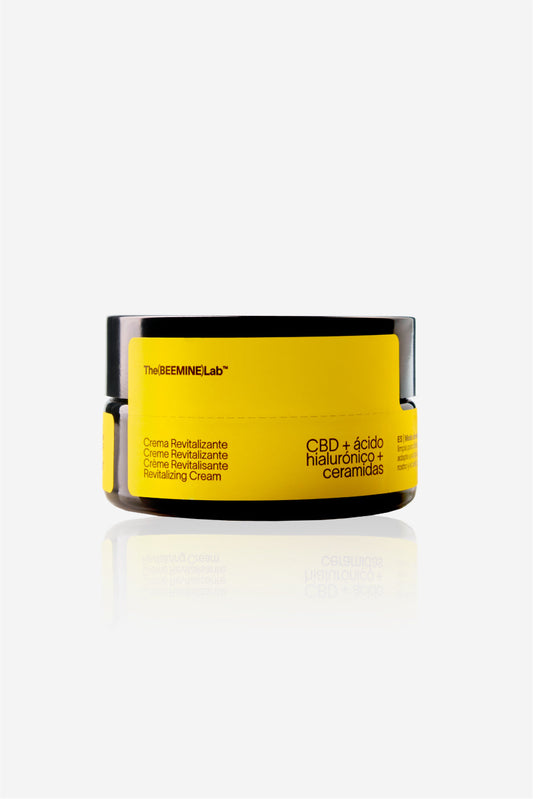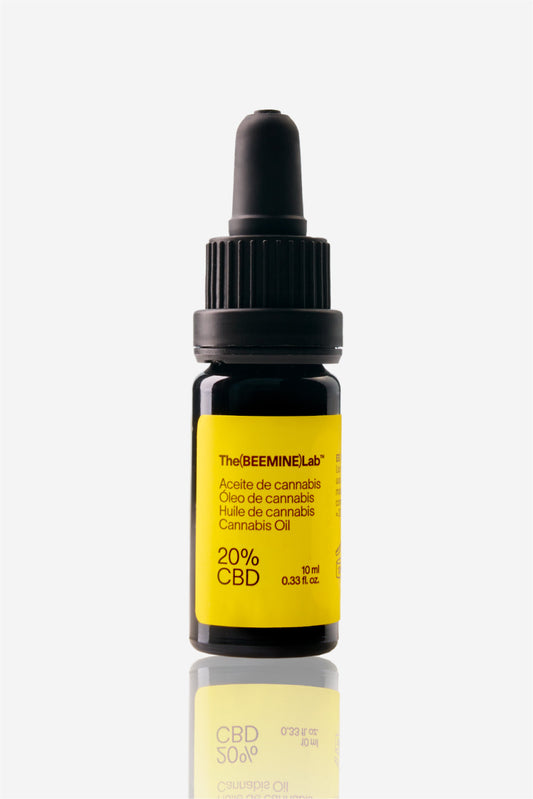Effects of tobacco
Tobacco is a plant whose leaves have been smoked, chewed or inhaled for hundreds of years. Tobacco contains nicotine as an active ingredient , but it also contains more than 7,000 chemicals , of which at least 70 are known to cause cancer (1).Cardiovascular pathologies in smokers are three times higher than in the rest of the populationSmoking a cigarette means exposing yourself to numerous toxic substances that are harmful to your health , as well as the risk of developing an addiction. Carbon monoxide, one of the main toxins, is found in tobacco smoke and passes into the blood through the lungs in the alveoli. This is responsible for damage to the vascular system on the one hand, and for the reduction of oxygen transport to the tissues of our body on the other. It causes fatigue, coughing and expectoration and, contrary to the attractive image it sometimes has, tobacco produces some undesirable alterations shortly after it is started, including:
- Premature wrinkles in the upper lip area, around the eyes (crow's feet), chin and cheeks, and a greyish skin colour that constitutes the so-called “smoker's face”.
- Stains on teeth , infections and tooth decay.
- Bad breath and body odor due to the smell of tobacco.
- Yellowish spots on nails and fingers (2).
- Poor wound healing after surgery.
- Problems during pregnancy , such as low birth weight babies, premature birth, miscarriage, and cleft lip.
- Decreased ability to taste and smell .
- Damage to sperm , which causes sterility.
- Vision loss due to increased risk of macular degeneration (1).
Why is it so difficult to quit smoking?
There is no doubt that tobacco addiction is a health problem and that it must be addressed as such and in a coordinated manner by the entire group of health professionals and, in general, by all those bodies with the power to modify social habits. Once we know all this, we must ask ourselves, why does quitting smoking always represent such a great challenge? To do this, we must understand that nicotine is potentially addictive due to the certain “positive” effects it can produce . Being a stimulant, it binds to nicotinic receptors (nAChR) producing euphoria, improved attention, increased state of wakefulness and decreased reaction time. These effects are produced by the increase of certain neurotransmitters such as dopamine, acetylcholine or noradrenaline . Smokers claim that smoking wakes them up, facilitates their memory and calms them down, helping them to solve stress. These “positive” effects are experienced exclusively by habitual smokers, since in non-smokers nicotine primarily produces disorientation, and repeated exposure is required for the positive reinforcement effects of nicotine to be established. However, in reality, most of the effects that can be observed in smokers are mostly due to an attenuation of withdrawal symptoms, detectable especially when getting up in the morning after the night-time deprivation period. Addiction and subsequent withdrawal are mainly due to the activation of the reward system in the brain , mediated mainly by the neurotransmitter dopamine between the ventral tegmental area and the nucleus accumbens (see image) (3 and 4). When a person quits smoking, he or she must face a typical withdrawal syndrome that begins after a few hours and becomes more acute with a peak between 24 and 48 hours later. The overwhelming desire to smoke, anxiety, tension, irritability, difficulty concentrating, drowsiness, decreased heart rate and blood pressure, increased appetite and weight, motor clumsiness, increased muscle tension, etc. , are the main symptoms that a smoker must face when he or she decides to stop smoking. Most of these symptoms will subside or noticeably decrease in intensity within 4 weeks, except for the feeling of hunger and the desire to smoke, which may last for 6 months or more. In addition to all this, we must understand that in many cases smoking becomes an act of socializing or relating to people in our environment, becoming part of our daily routine. Like any other addictive behavior, quitting smoking and persevering in it is particularly difficult.
Only 10% of people who try on their own manage to quit the habit , while the cessation rate increases to almost 60% in those who resort to structured withdrawal programs (4).
When a person quits smoking, he or she must face a typical withdrawal syndrome that begins after a few hours and becomes more acute with a peak between 24 and 48 hours later. The overwhelming desire to smoke, anxiety, tension, irritability, difficulty concentrating, drowsiness, decreased heart rate and blood pressure, increased appetite and weight, motor clumsiness, increased muscle tension, etc. , are the main symptoms that a smoker must face when he or she decides to stop smoking. Most of these symptoms will subside or noticeably decrease in intensity within 4 weeks, except for the feeling of hunger and the desire to smoke, which may last for 6 months or more. In addition to all this, we must understand that in many cases smoking becomes an act of socializing or relating to people in our environment, becoming part of our daily routine. Like any other addictive behavior, quitting smoking and persevering in it is particularly difficult.
Only 10% of people who try on their own manage to quit the habit , while the cessation rate increases to almost 60% in those who resort to structured withdrawal programs (4).
And is CBD addictive?
Addiction is the compelling or compulsive need to consume a drug again to experience the reward it produces, and a drug is any natural or synthetic substance that generates, in the case of nicotine : stimulation, euphoria, pleasure, increased attention, concentration and memory, as well as decreased anxiety, stress and appetite. When a substance produces direct physical changes at a physiological level, a physical dependence on it occurs in order to maintain the normal state. Therefore, when we stop consuming it, damage could occur because the body has become accustomed to it, giving rise to withdrawal syndrome. In addition, tolerance usually occurs, since each time a higher dose is required to achieve the desired effect or to maintain the normal state of the organism (5). On the other hand, psychological dependence could also occur, which involves a mental desire to consume the substance, making the person believe that they really need it without this being true. This desire to consume occurs above all to obtain the experience of its pleasant, pleasurable and/or evasive effects. However, if consumption were to cease, a withdrawal syndrome would not occur since the substance has not produced noticeable physical changes at a physiological level nor has any tolerance been generated (5).CBD has been shown to be a substance that does not produce any type of physical dependence or tolerance.CBD has been shown to be a substance that does not produce any type of physical dependence or tolerance. Despite being a molecule that interacts with cannabinoid receptors and produces pharmacological effects, it does not generate tolerance or produce physical changes that generate withdrawal . Psychological dependence is not exempt in any case, neither for CBD nor for any other substance, since it is marked by psychological factors and consumption habits implicit in each individual (6).
CBD oil to quit smoking: Is it useful? How does it work?
As we have seen before, quitting smoking can be a big challenge due to several factors, but mainly due to nicotine withdrawal syndrome . Among the withdrawal symptoms we find increased irritability, anxiety and stress. You can check out our article on the effects of CBD on stress . CBD could improve these symptoms directly , as it is able to activate the 5-HT1A receptor which could generate a greater action of the neurotransmitter serotonin involved in the anxiolytic and mood-enhancing effects. In addition, it has also been shown to improve sleep quality by facilitating rest and reducing the level of stress during withdrawal syndrome (7). During the process of dishabituation, certain inflammatory processes at the pulmonary level and headaches may also occur, making CBD an ally given its analgesic and immunomodulatory characteristics . Although no large studies have been published to date that assess the direct action of CBD in smoking cessation, there are some indications that indicate an improvement in the process of dishabituation and a possible lower relapse into tobacco use (7). For all these reasons, we can reason that CBD could be an ally in smoking cessation, acting as an adjuvant in the case of good planning with anti-smoking pharmacological therapy. Literature:- https://medlineplus.gov/spanish/ency/article/002032.htm
- https://pnsd.sanidad.gob.es/ciudadanos/informacion/tabaco/menuTabaco/efectos.htm
- Edler von Eyben et al. Health risks from voluntary tobacco consumption; Rev. Esp. Salud Publica vol.77 no.1 Madrid Jan./Feb. 2003
- J. Pozuelo et al. Pharmacology of nicotine; Rev. Integral Medicine Vol. 35 no. 9 pp. 409-417 May 2000
- Antonia Garrote, Ramón Bonet; Smoking and tobacco addiction; Rev. Edu. Sanitaria, Pharmaceutical Field. Vol. 21. No. 1 pp. 66-73; January 2013
- https://www.institutocastelao.com/adicciones-dimujer-entre-dependencia-fisica-y-psicologica/
- https://thebeeminelab.com/oms-sobre-el-uso-de-cbd/
- Resstel, Leonardo BM et al. “5-HT1A receptors are involved in the cannabidiol-induced attenuation of behavioral and cardiovascular responses to acute restraint stress in rats.” British journal of pharmacology vol. 156.1 (2009): 181-8. doi:10.1111/j.1476-5381.2008.00046.x
- Morgan CJ et al. Cannabidiol reduces cigarette consumption in tobacco smokers: preliminary findings. Addict Behav. 2013 Sep;38(9):2433-6. doi: 10.1016/j.addbeh.2013.03.011. Epub 2013 Apr 1. PMID: 23685330.







